Pin@y Educational Partnerships at skyline college
|
Thursday, October 29– Today in class, we had the great chance to meet Kaba Modern founder Arnel Calvario via FaceTime! If you didn't know, Kaba Modern is a dance crew that was famously featured on season one of MTV's America's Best Dance Crew. Although Kaba Modern wasn't the topic of conversation, we got to learn about the founder, Arnel Calvario's background into dance and how it created an impact on his own culture as well as colleges that had cultural clubs. Growing up, Arnel was heavily involved in the hip hop scene which eventually lead to his involvement with dancing. In high school, he became a part of the dance and party scene. But it wasn't until college when he saw how a lot of cultural clubs were starting to create their own hip hop and dance crews. It was then, when Arnel was attending UC Irvine that he created Kaba Modern. As Arnel mentioned, dancing became a huge thing as it turned into a ripple effect in SoCal. As time went by, social media also became big and it helped spread the word within the community. The community was what really helped find Arnel's identity. The B-Boy and cultural communities represented where they're from and that's what made performing important for Arnel and other dance crews that formed during the time. Dance | CultureKey Words
What does it mean when we perform culture? |
Soul Train | SOCI 142 Style!Thanks to Kim for shedding some light on how hip hop, music... dance, plays a huge role in finding our identities. | A great platform for expression but an even bigger stage for trendsetting. Soul Train was an American musical variety television program which aired in syndication from 1971 until 2006. In its 35-year history, the show primarily featured performances by R&B, soul, and hip hop artists, althoughfunk, jazz, disco, and gospel artists also appeared. The series was created by Don Cornelius, who also served as its first host and executive producer. (wikipedia) |
Isang Bagsak Unity Clap
To end our week we closed our class off with a unity clap. Also known as, “Isang Bagsak” translates to “one down, one fall” which symbolizes the importance of the power of the people. This is to further the idea of creating unity amongst those who are oppressed and spreading awareness of the struggles of the past and the present.
What's happening on campus?
0 Comments
The Researchers Journey
| It begins with Strobel's personal narrative, an introduction to her process of decolonization. She felt the need to find her Filipino voice and move out from "the culture of silence"... -alienation -shame -guilt -inferiority This chapter uncovers the her experience in America and the things she did that defined her life. |
Loss of Identity
| Loss of identity is an ongoing problem that people go through in today's world. Filipinos especially, get stripped of their own identity and this is due to their oppressors: The colonization of the Spaniards and the "Americanization of the Philippines." The oppressed tend to have this problem because they don't even know who they are as a person anymore. They side with their oppressors thinking that this will lead them to a better life. Like America, the zoo creates a misrepresentation for itself. America is perceived as the "best" and the "land of the free," but why is it when an immigrant comes to America, they are still being mistreated and looked down upon? Knowing who you are and where you come from plays an important role for the society and its up to us as individuals to bring awareness to the topic so more and more people are able to recover their sense of identity. Deanna De La Cruz | Thursday 10/1/2015 Class today was taught by Jeremy. We learned about Loss of Identity and how it affects oppressed individuals in different ethnic groups. Before going about the topic, we viewed a news clip on the 2007 San Francisco Zoo incident. On Christmas Day 2007, two brothers–both in their 20s decide to get a tiger's attention by throwing random things in the animal's habitat. As a result of this; one brother was injured and the other, left dead by the tiger. After this, we saw a clip of Katt Williams giving his own take on the incident and one thing he said made a lot of sense in terms of the society; "Being a tiger in the zoo is like being black in America." From this, Katt is comparing how the tiger was being mistreated exactly how the blacks in America are. Katt goes on to question how the tigers might feel when they're at the zoo..."Am I even a tiger anymore?" |
1898-1930's
In the early 20th century, America went through the expansion of acquiring:
Industrialization: Factories started to have an impact as they were producing goods that would normally be man-made. Industrialization led to labor shortage.
Foreign Relations: America starts negotiating with other countries, forming relationships with them. In the result of this, countries are willing to give any of their resources and sell them to America for a cheap cost.
Laissez Faire: Laissez Faire was a form of capitalism that was practiced in America. The economy in America starts booming and this later leads to the invention of the automobile.
Automobiles: Cars become an important factor for people getting jobs in America. Once the automobile was invented, it was much more accessible for people to find jobs in other cities.
Industrialization: Factories started to have an impact as they were producing goods that would normally be man-made. Industrialization led to labor shortage.
Foreign Relations: America starts negotiating with other countries, forming relationships with them. In the result of this, countries are willing to give any of their resources and sell them to America for a cheap cost.
Laissez Faire: Laissez Faire was a form of capitalism that was practiced in America. The economy in America starts booming and this later leads to the invention of the automobile.
Automobiles: Cars become an important factor for people getting jobs in America. Once the automobile was invented, it was much more accessible for people to find jobs in other cities.
St. Louis World's Fair
In 1904, the St. Louis World's Fair was an event that affected many Filipinos who were apart of it. Filipinos were put on display like animals and the whole concept of it was wrong. In all, there were about 1,100 Filipinos that were put on display as a form of entertainment. The Igorots were the main attraction of the Philippines' "exhibit." Dogs were the main diet of the Igorots and this ultimately became the reason why "Filipinos eat dogs" became a stereotype. It wasn't because they wanted to eat dogs, but it was the only thing given to them to eat. Although it is believed that the Igorots went back home to the Philippines "happy," its still unbelievable that they went through this experience of being treated like animals.
"When you control a man's thinking, you do not have to worry about his actions."
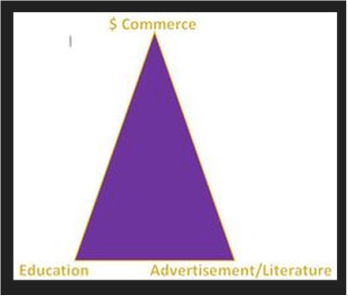
EDUCATION IS POLITICAL
We discussed some of the L items that are compromised in colonialism and what is needed to divide and conquer. Labor, Love, Land, Life, Language, Liberty and Legacy. If you really wanted to change the way someone thought...where would be the most effective? The CLASSROOM.
|The classroom is the site the that reproduces society's values|
|Military Strategy of Schooling: molding the people's minds is the best means of conquest|
American schooling in the Philippines has been used as the systematic placement of people into different social positions. American schooling was the key to the U.S. colonizing the Philippines. In addition to the colonization and oppression of Filipinos in the Philippines through land, resources, religion and language, they also changed the way Filipinos ate & cooked.
They changed the curriculum in the classrooms implementing the importance of hygiene, nutritional benefits and agriculture. The restaurants in the Philippines consisted of European, West fare, American and Spanish cuisine. The implementation went beyond the classrooms in curriculum but also through literature, changing cookbooks and changing advertisements. Ads changed the way Filipinos cooked by stating that imported products were better because it passed higher sanitation and hygiene standards. There was every reason why Filipino cuisine and homegrown, native, products were not sufficient enough. Imported was better.
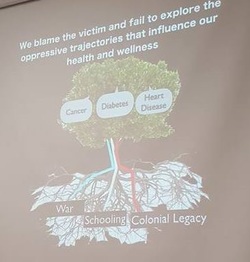
INDIGENOUS vs. CURRENT DIET
What is killing the Filipina/o American?
CANCER
HEART DISEASE
DIABETES
What is killing the Filipina/o American?
CANCER
HEART DISEASE
DIABETES
Before colonialism through deforestation and diet Filipinas/os lived off the land. Their diet consisted of fish and greens. Because of the climate and working conditions Filipinas/os stayed away from heavy meals. They snacked lightly throughout the day, which was known as "merienda." However, even that was changed when Americans came. They were told to eat 3 meals: breakfast, lunch and dinner.
So, who had do you think had it right? Filipinos or Americans
Indigenous Foods of the Philippines
What foods do you think are indigenous to the Philippines?
Here's what we came up with...
Food For Thought?
|
|
|
V Land
"Today is the tomorrow you worried about yesterday."
Archives
December 2015
October 2015
September 2015
Categories |

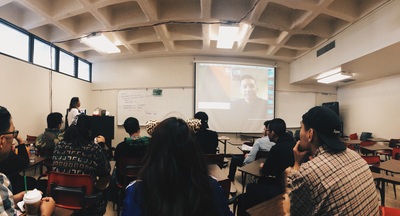
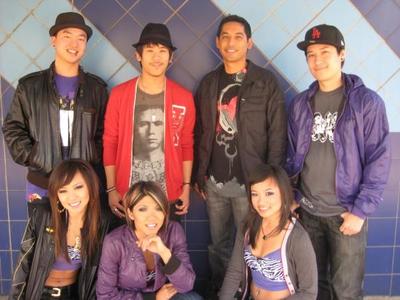

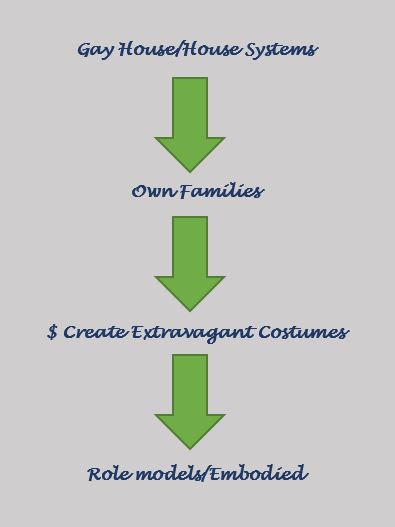
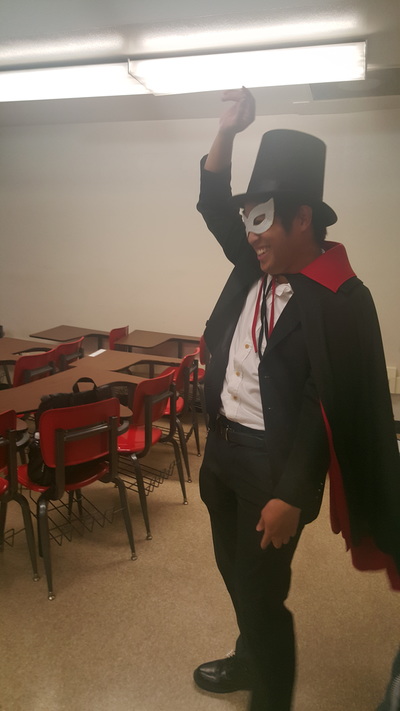
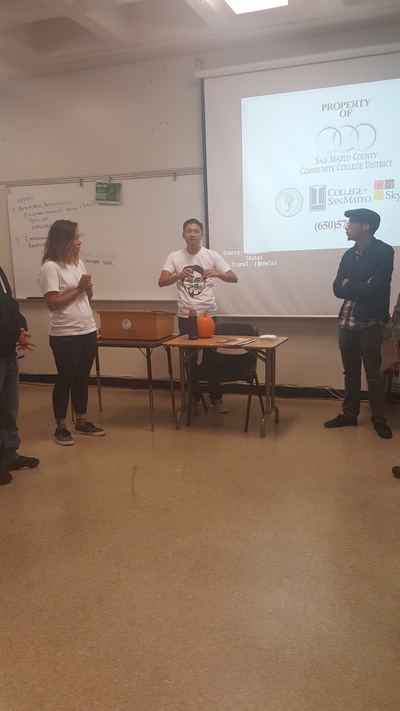
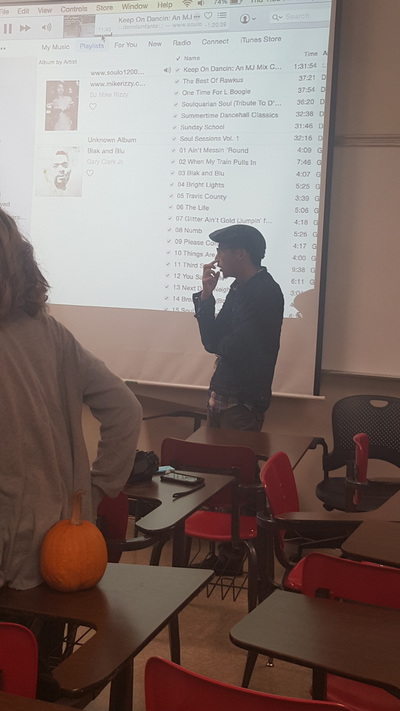
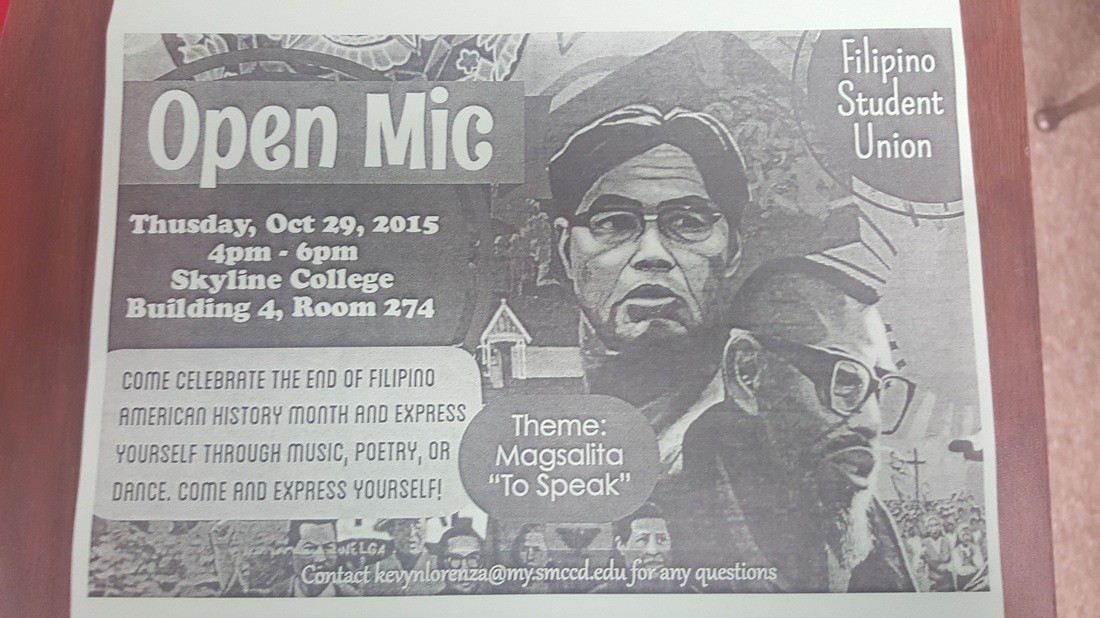
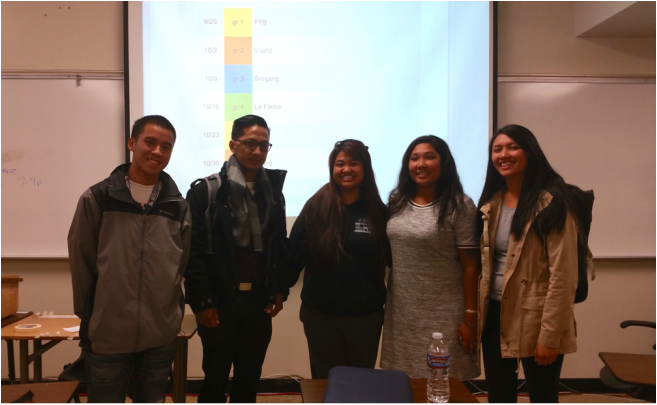
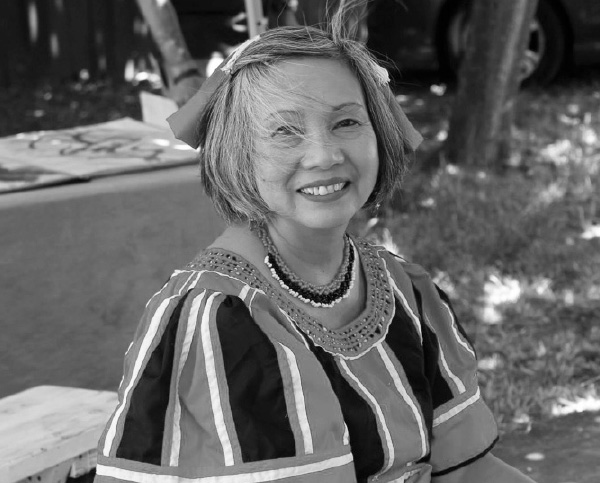
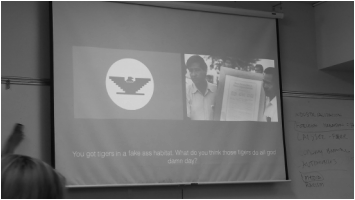
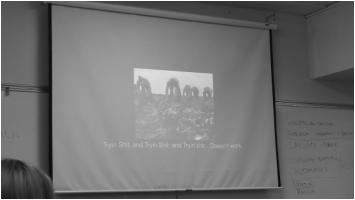
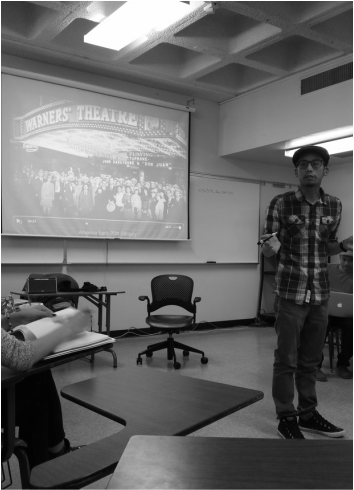


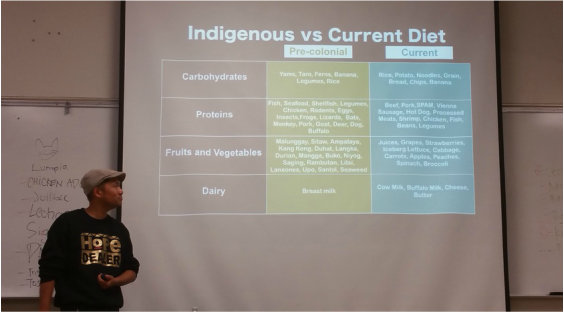
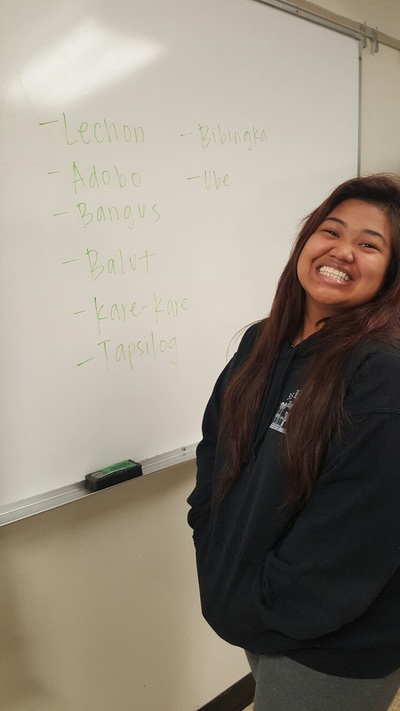
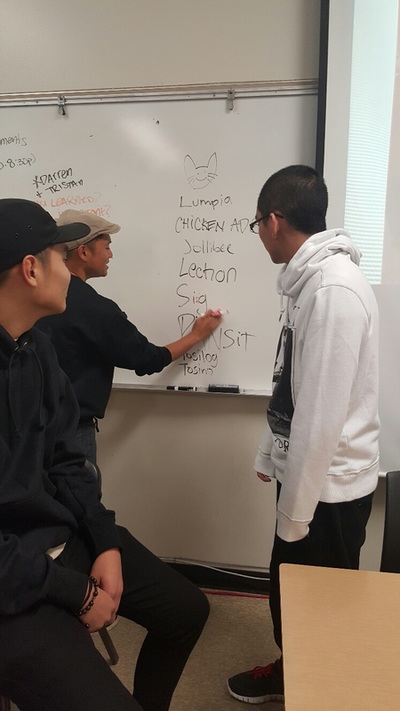
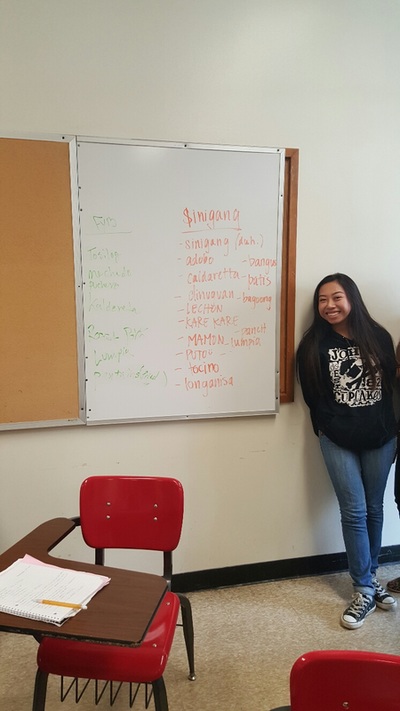
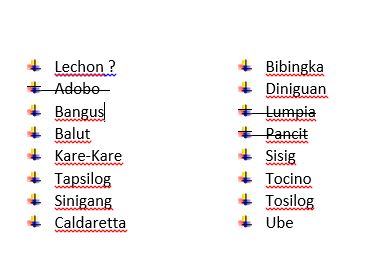
 RSS Feed
RSS Feed
